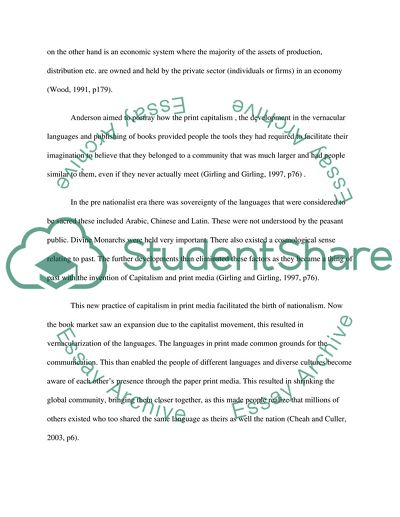Cite this document
(The Link between Development of Nationalism and Capitalism Essay, n.d.)
The Link between Development of Nationalism and Capitalism Essay. Retrieved from https://studentshare.org/sociology/1777485-please-chose-from-any-1-of-the-question-below
The Link between Development of Nationalism and Capitalism Essay. Retrieved from https://studentshare.org/sociology/1777485-please-chose-from-any-1-of-the-question-below
(The Link Between Development of Nationalism and Capitalism Essay)
The Link Between Development of Nationalism and Capitalism Essay. https://studentshare.org/sociology/1777485-please-chose-from-any-1-of-the-question-below.
The Link Between Development of Nationalism and Capitalism Essay. https://studentshare.org/sociology/1777485-please-chose-from-any-1-of-the-question-below.
“The Link Between Development of Nationalism and Capitalism Essay”, n.d. https://studentshare.org/sociology/1777485-please-chose-from-any-1-of-the-question-below.


